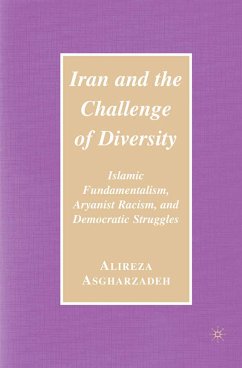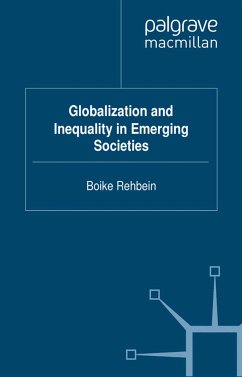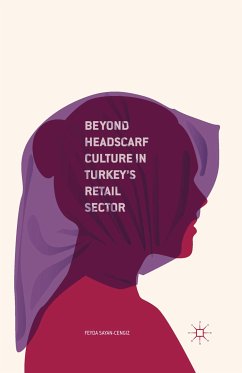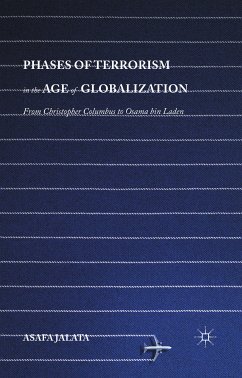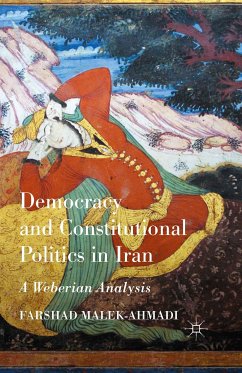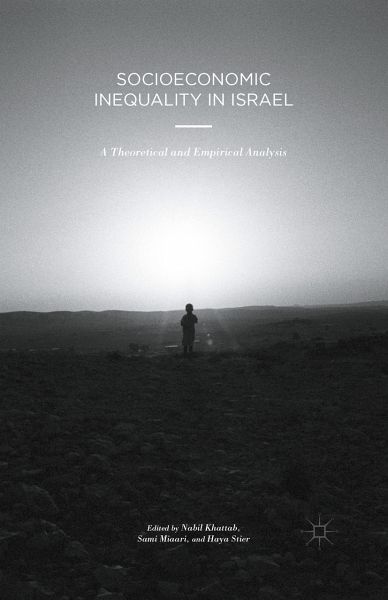
Socioeconomic Inequality in Israel (eBook, PDF)
A Theoretical and Empirical Analysis
Redaktion: Khattab, Nabil; Stier, Haya; Miaari, Sami
Versandkostenfrei!
Sofort per Download lieferbar
40,95 €
inkl. MwSt.
Weitere Ausgaben:

PAYBACK Punkte
20 °P sammeln!
This volume addresses different aspects and areas of inequality in Israel, a country characterized by high levels of economic inequality, poverty, and social diversity. The book expands on the mechanisms that produce and maintain inequality, and the role of state policies in influencing those mechanisms.
Dieser Download kann aus rechtlichen Gründen nur mit Rechnungsadresse in A, B, BG, CY, CZ, D, DK, EW, E, FIN, F, GR, HR, H, IRL, I, LT, L, LR, M, NL, PL, P, R, S, SLO, SK ausgeliefert werden.





